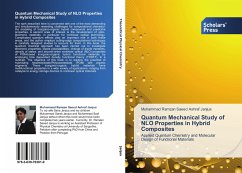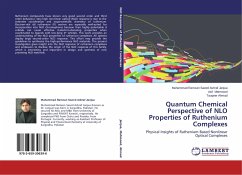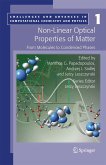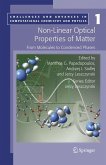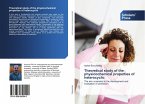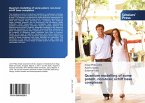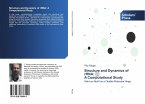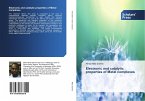The work described here is concerned with one of the most demanding and simultaneously rewarding challenges for computational chemistry: the modeling of inorganic-organic hybrid compounds and predictive properties. A second area of interest is the development of opto-electronic materials, in particular for nonlinear optical technology. Complicated quantum effects play an important role in both these areas, and the author employs cutting-edge computational techniques in carefully designed studies to account for them. In this book, the quantum chemical approach has been carried out to investigate electronic properties, dipole polarizabilities, change of dipole moments, density of states, and second-order nonlinear optical (NLO) properties of POM-based inorganic-organic hybrid functional materials by employing time dependent density functional theory (TDDFT). In a nutshell, The objective of this book is to explore the potential of hybridizing hexamolybdate/Polyoxometalate (POM) withorganic segments. These inorganic-organic hybrid materials have multifunctional properties in a wide variety of applications, ranging from catalysis to energy storage devices to nonlinear optical materials

